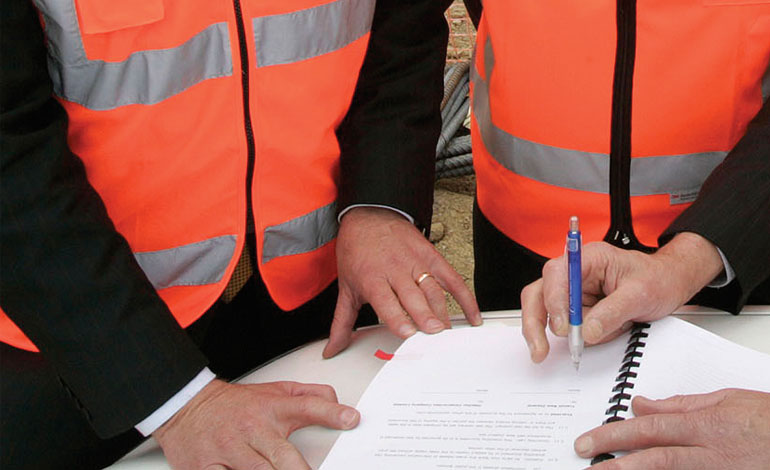The Government’s plan to merge 16 polytechnics and Industry Training Organisations (ITOs) into one national institute managing apprentices and trainees will be disastrous for the future of the building industry. By Andrew Bayly, Building and Construction spokesperson, New Zealand National Party.

The industry and the ITOs are better placed to deliver the skilled workforce the sector needs than some centralised organisation run from Wellington.
The industry employs an estimated 250,000 people, but if we are to grow our housing stock and be ready to cope with the expected number of commercial developments, we will need about another 50,000 trained people over the next five years.
Some will replace those retiring from the industry (an increasing problem with our ageing workforce). But we will also need new people with a range of increasingly complex skills to meet modern building technologies.
In a Master Builders survey last year, members listed being able to hire skilled workers as their top priority.
There just aren’t enough people going into training in all aspects of the industry – and there aren’t enough employers prepared to support those people in training.
For the past 25 years, it has been the role of ITOs to build close relationships with employers to help train these people.
Polytechnics and universities have also been important but their focus has been more on building closer relationships with learners rather than employers.
That’s why the radical proposal by the Labour-NZ First Government to merge the polytechnics and ITOs and centralise them out of Wellington has alarm bells ringing.
It will inevitably lead to job losses and, more importantly, the loss of autonomy.
From my own experience of managing mergers before I went into politics, I know that few mergers are successful.
The biggest barrier to success is not the strategic intent but the issue of culture and how you manage that and blend it into a productive asset. In most cases mergers result in exactly the opposite: a toxic work environment with little alignment of vision and how to achieve it.
That’s the last thing the building sector needs. A merger such as the Government proposes will not deliver the number of skilled people the industry so desperately needs.
National believes it is the industry, and not some centralised body in Wellington, that is best placed to deliver vocational training.
We need to be looking at how we help and support employers to take on people in training and apprenticeships, and how we better promote the industry as an attractive career option.
Employer support is a very significant issue, given that most building firms are one, two or three-person companies. Taking on someone to train can be a significant impediment to their operation.
It’s also a significant barrier to getting more trainees involved and supported in the sector.
Diversity is also a problem for the industry and we need to make sure there’s a better approach to supporting Maori, Pasifika and women into apprenticeships and skills training.
There’s a lot of work to do and it’s worrying that the Government will allow just six weeks for consultation on what is a huge change.
That’s unreasonable, impractical and likely to lead to poor outcomes.


Parting words from Jeremy Sole- a final column